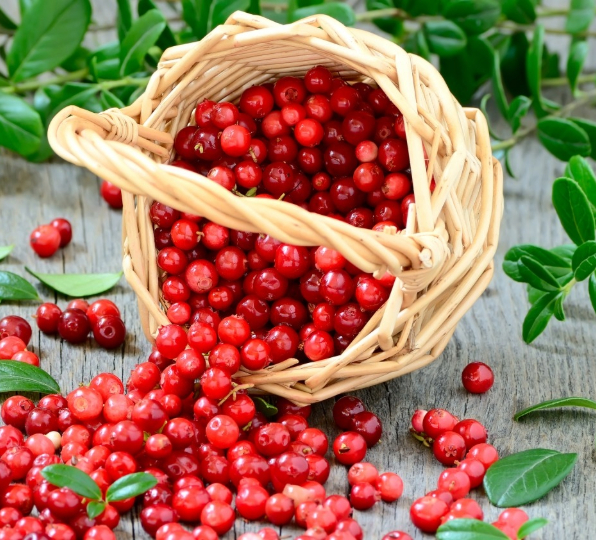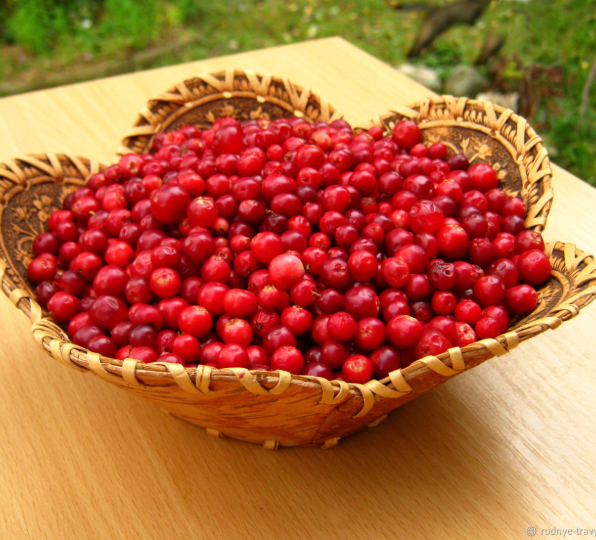Introduction:
Gut health is a vital aspect of overall well-being, influencing everything from digestion to immunity and mental health. While probiotics and fermented foods often take the spotlight in discussions about gut health, other foods, like cranberries, are emerging as potent allies. Known for their tart flavor and vibrant color, cranberries are not just holiday staples but also powerful contributors to gut health. Here’s a closer look at how cranberries can benefit your digestive system and improve overall health.
1.The Nutritional Profile of Cranberries
Cranberries are packed with essential nutrients, including:
- Vitamins: High in Vitamin C, Vitamin E, and several B vitamins, cranberries support immune function and overall health.
- Antioxidants: Rich in polyphenols and flavonoids, cranberries help combat oxidative stress and inflammation.
- Fiber: Cranberries contain both soluble and insoluble fiber, which aids in digestion and promotes regular bowel movements.
2. Cranberries and Gut Health
Prebiotic Effects: Cranberries contain compounds that act as prebiotics, which are non-digestible food components that promote the growth of beneficial bacteria in the gut. These prebiotics help create a healthy gut microbiome, essential for optimal digestion and immune function.
Anti-Inflammatory Properties: The antioxidants in cranberries, particularly polyphenols, have anti-inflammatory effects that can soothe the gut lining and reduce inflammation-related digestive issues.
Prevention of Infections: Cranberries are well-known for their role in preventing urinary tract infections (UTIs), but they also help prevent harmful bacteria from adhering to the gut lining, reducing the risk of gut infections.
Enhanced Digestive Function: The fiber content in cranberries aids in digestion by promoting regular bowel movements and preventing constipation. A healthy gut transit time ensures that toxins are efficiently removed from the body.
Supporting Gut Barrier Function: Cranberries help maintain the integrity of the gut barrier, preventing harmful substances from leaking into the bloodstream and triggering systemic inflammation.
3.Ways to Incorporate Cranberries into Your Diet
Fresh and Dried Cranberries: Add fresh or dried cranberries to salads, oatmeal, yogurt, or trail mix for a tangy and nutritious boost.
Cranberry Juice: Opt for 100% pure cranberry juice with no added sugars to enjoy its benefits. It can be consumed on its own or mixed with other juices for a refreshing drink.
Cranberry Sauces and Relishes: Homemade cranberry sauce or relish can be a delicious addition to meals, providing a burst of flavor and health benefits.
Cranberry Supplements: For those who may not enjoy the taste of cranberries, supplements can offer a convenient way to reap their health benefits. Always consult with a healthcare provider before starting any new supplement.
Baked Goods: Incorporate cranberries into baked goods like muffins, breads, and cookies for a healthy twist on traditional recipes.
4.Tips for Maximizing Cranberry Benefits
Pair with Probiotics: Combine cranberries with probiotic-rich foods like yogurt or kefir to enhance gut health benefits.
Choose Low-Sugar Options: Many cranberry products contain added sugars. Opt for fresh, dried, or pure juice without added sugars to avoid unnecessary calories.
Stay Hydrated: Drinking plenty of water helps fiber do its job efficiently, preventing constipation and promoting overall digestive health.


Conclusion:
Cranberries are more than just a seasonal delight; they are a powerful food that can boost gut health in numerous ways. Their unique combination of prebiotics, antioxidants, and fiber makes them an excellent addition to a gut-friendly diet. By incorporating cranberries into your daily routine, you can support a healthy gut microbiome, reduce inflammation, and enhance overall digestive health. So, next time you’re at the grocery store, consider adding cranberries to your cart and enjoy their myriad health benefits.












